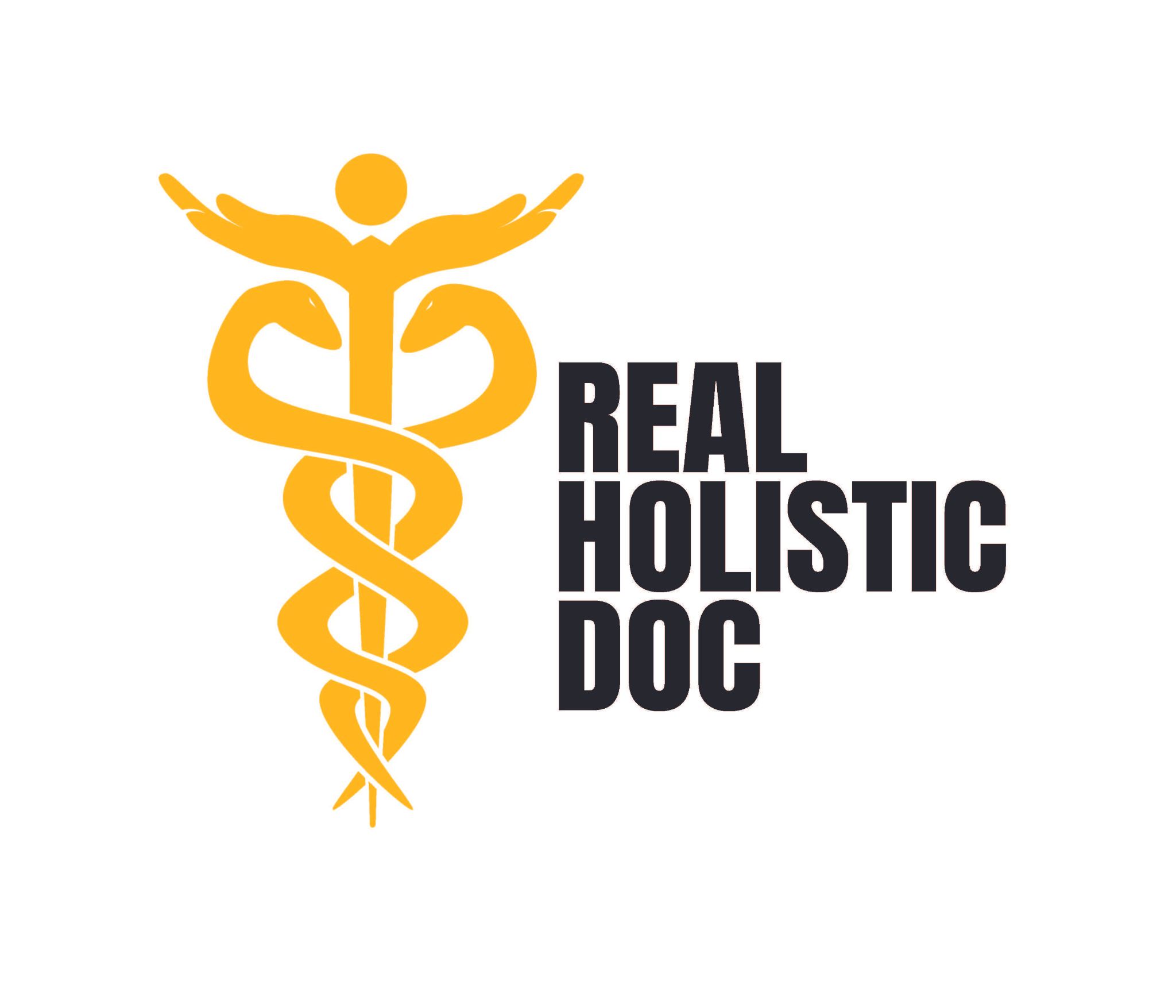Our Mental Ill Health Epidemic:
The Drugs Might Be The Problem
Gary G. Kohls, MD
Over the past several decades, especially since the onset of the mass?
marketing of psychotropic drugs, millions of unsuspecting, trusting
?patients have actually been made crazy -?and drug-dependent – by
chronically?ingesting the brain-altering, brain-disabling, synthetic
psychotropic drugs that have been handed out like candy by equally
?trusting and unaware but well-intentioned physicians.
?
This sad reality is that the?widespread prescribing of psychotropic
drugs has become the standard of care in psychiatry, family practice
and pediatrics ever since the first “anti-schizophrenic” miracle drug
Thorazine (now universally known to have been a disaster because
of its?seriously brain-damaging qualities) came on the scene in the
mid-1950s.
?
Thorazine and all the other “me-too” knock-off drugs like Prolixin,
Mellaril, Stelazine, Compazine,? etc, are “tricyclic” compounds similar
?in molecular structure?to the tricyclic?”antidepressants” like
imipramine and the dangerous, so-called “atypical anti-psychotics”
like Clozaril, Zyprexa and Seroquel.
Thorazine (remember “medication time” on the classic film “One Flew
?Over The Cuckoo’s Nest?) was originally developed as an industrial
dye. That doesn’t sound so good but that may not be so strange when
one considers that Depakote, a popular drug?initially intended?for
epileptics and more recently heavily marketed as a so-called “mood
stabilizer”, was originally developed as an industrial solvent, capable
of dissolving? at -?including, presumably,?the fatty tissue in human
livers and brains.
It is important to understand the pharmaceutical industry’s?bottom-line
need?to expand market share and increase profits and “shareholder
value”wherever and whenever possible, even if it is compromising the
long-term health of its customers.
I recommend highly an important article by investigative health
journalist Robert Whitaker, the author of the ground-breaking book
Mad in America: Bad Science, Bad Medicine and the Enduring
Mistreatment of the Mentally Ill,
that persuasively identifies the source of America’s epidemic of
mental illness disability: It is the drugs and not the “disorders” that are
causing most of?our nation’s epidemic of mental disability. Please read
the original Whitakerarticle carefully at www.madinamerica.com.
When you are done (if you are open-minded on the subject, that is)
you will want to read?Whitaker’s book.
Then, after honestly considering the implications of? Mad in America‘s?
thesis – and this is important – pass the word, and this essay, to every?
concerned person?(and even the close-minded ones) in your sphere of
influence, especially those who are health caregivers.?The major reason
that this is important is that?we?healthcare-givers?have been?
Madison-Avenued into submission by BigPharma,?and many of us have
?not yet heard the?word, and it is the solemn duty of those of us in
positionsof authority or influence to warn others of the dangers.
Sadly, it appears that most of?us over-worked, double-booked?health
care-giversappear to be uninterested in?the unwelcome truth that most if not all of the
psych drugs that have been so heavily advertised as safe by the
captains?of industry and promoted as the only “treatment” for mental ill health are actually
?unsafe, dependency-inducing, neurotoxic and
increasingly ineffective as time goes on.
The other unwelcome and sobering reality is that?the people diagnosed
as “mentally ill” are often simply those unfortunates who find
themselves in acute or chronic states of destabilizing crisis or feelings
of “overwhelm” due to any number of preventable and treatable
issues such as poverty, abuse, violence, homelessness,?joblessness,
underemployment, brain malnutrition, air, water or prescription bottles.
Those labeled “mentally ill” are not much different?than those of us
who are yet to be labeled, only they have become the victims of
hopelessness-generating situations like bad luck, bad circumstances,
bad company, bad choices, bad government, big business,?and an
ultra-competitive society that tolerates, indeed celebrates,?punitive
social systems resembling in many ways the infamous police state
realities of 20th century Europe, where people who were different – or
just dissidents – were “disappeared” into insane asylums, jails or
concentration camps without just cause or competent legal defense.
And many of them were drugged into oblivion against their will,
appearing “mentally ill” in the process as a consequence of the drug’s
brain-altering mechanism of action..
The?truth is that most, if not all, of?BigPharma’s psychotropic?drugs
are lethal at some dosage strength and therefore should be regarded
as very dangerous. They are a major cause of?subtle?brain damage,
?permanent disability, loss of creativity, loss of spirituality, loss of
empathy, loss of energy, and they are the cause of a multitude of
metabolic problems that can easily sicken the victims into feeling
more depressed, anxious, deluded, psychotic, antisocial, paranoid
and/or ill in body, brain and spirit.
Long-term, high dosage or combination psychotropic drug usage
could be regarded as a chemically traumatic brain injury (cTBI),
what is sometimes jokingly – but accurately -referred to as?a
“chemical lobotomy”.?cTBI is a?useful way to conceptualize this
serious issue, because such chemically brain-altered patients are
often indistinguishable from those who have suffered physically
traumatic brain injuries (TBI).
America has a mental ill health epidemic on its hands?that is grossly
misunderstood because it worsens, not by the?theorized “disease
progression”, but rather because of the?increasingly unaffordable,?
neurotoxic band-aid drugs that are mis-advertised as being therapeutic.
For more information of these important topics check out these
websites: www.mindfreedom.org, www.breggin.com, www.icspp.org,
www.newstarget.org, www.psychrights.org, www.benzo.org.uk,
www.quitpaxil, org, www.cchr.org, www.wildscolts.com,
www.endofshock.com and www.madinamerica.com and follow the
links.
____________________________________________________________________
Disclaimer
The above article may have contained information about the risks
associated with certain psychiatric drugs.
If you are taking one or more of these medications, DO NOT
suddenly stop taking them.
Some people can experience serious, even life-threatening reactions
during the discontinuation of such drugs.
Any attempt to get off such medications should be done under the
guidance and supervision of a qualified health care practitioner who
has an understanding of the possible dangers of drug usage, the
symptoms that can occur during drug withdrawal and the nutritional
and mental health support that is needed.
?
